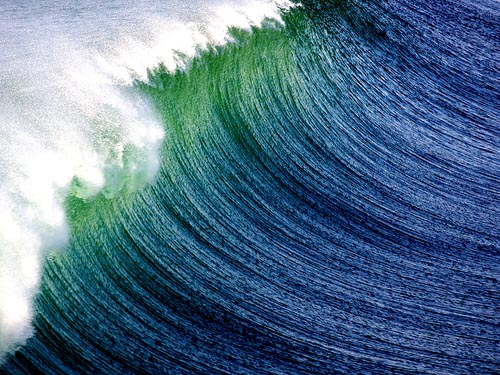FWP:
SETS == KYA
BEKHUDI verses: {4,4}; {10,1}; {15,6}; {21,6}; {51,9x}, z ḳhvud raftagīhā ; {53,3}, raftah ; {58,9}; {61,3}; {76,1}; {81,8x}; {96,7x}, rare; {99,8}; {104,3x}; {116,7}; {117,5x}; {131,5}; {131,8}; {149,8x}; {161,8}; {163,6}; {164,14}; {183,4}; {190,6}; {214,13x}; {226,7x} // {238x,2}; {241x,1}; {253x,3}; {279x,5}; {281x,4}; {287x,5}; {338x,4}; {389x,1}; {397x,3}; {415x,2}; {417x,1}; {431x,5}
ABOUT be-ḳhvudī : I have hyphenated 'self-lessness' to try to break the grip of 'selflessness'
in the usual English sense of 'extreme unselfishness'. Rather, be-ḳhvudī in the ghazal world means a state of being outside or beyond oneself: self-transcendence, transport, entrancedness, etc. (see the definition above). 'Bekhud' was a popular pen-name, as witness the two 'Bekhuds' whose comments appear above. A similar situation exists with be-dilī , which is not 'heartlessness' in the English sense; on this see {8,2}.
This is another verse on the lines of {21,3}, with the same grammar in the second line and even the same rhyme-word. The various interpretive possibilities of kyā are used to form a kind of penumbra around the plain (?) statement in the first line; see {21,1} for more on this.
What complaint is there against the Cupbearer for 'negligences'? asks (2a). No complaint at all! -- (2b) indignantly asserts. Why not?
=Perhaps because it's not necessary for the Cupbearer to do his job, since the lover is already utterly intoxicated with mystical awareness and is far beyond the point of caring about wine.
=Perhaps because the Cupbearer has already done his job, as Nazm says: the sight of his beauty, or even the thought of it (as Bekhud Mohani suggests), has already intoxicated the lover more than sufficiently.
=Perhaps because the 'breath' is not available for speech at all, since it's absorbed in the sea of self-lessness, so no complaint can be uttered in any case.
Or, alternatively-- yes there is a complaint, as (2c) maintains. Perhaps the Cupbearer's negligences have caused the drinker to lapse into mystical indifference, and have thus dampened the liveliness of the party. Or perhaps the drinker is in such a state that a bit more wine would beautifully finish him off-- another sip would push him into supreme intoxication, such that he could become the 'sea of self-lessness' itself and not just a wave; and/or another sip would kill him entirely, so that he would never need to return to the second-rate 'wine-house' of this world at all. (Remember {21,4}.)
Another pleasure of the verse is in the extraordinary image
of the first line-- the breath as a wave in a sea of self-lessness. It sounds
both soothing and revelatory, almost like mystical death in the high Sufi
mode. It also evokes {11,1}.

Nazm:
The one who sees his [=the Cupbearer's] face and enters a state of self-lessness-- if the Cupbearer doesn't give him wine, then why should there be any complaint? (22)
== Nazm page 22